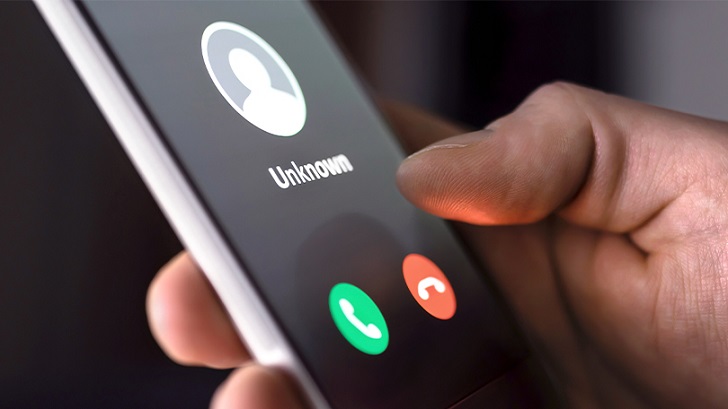Medicare fraud is a serious issue affecting the healthcare system and individuals who rely on Medicare for their medical needs. Fraudulent activities can lead to financial loss, compromised personal information, and even inadequate healthcare.
Protecting yourself from Medicare fraud is crucial to safeguard your well-being and ensure that your healthcare benefits are used appropriately. Here are some important steps to protect yourself from Medicare fraud.
Safeguard Your Medicare Card
Your Medicare card is a valuable piece of personal information that should be protected at all times. Treat it like a credit card or any other important identification document. Please keep your card in a safe place and avoid carrying it unnecessarily in your wallet or purse. If you lose your Medicare card or suspect it has been stolen, report it immediately to the Medicare fraud hotline at 1-800-MEDICARE.

Shutterstock/ iStock | Medicare fraud thrives in secrecy and ignorance
Be Wary of Unsolicited Calls or Visitors
Beware of unsolicited calls or visits from individuals claiming to be from Medicare or healthcare providers. Medicare representatives typically do not make unsolicited calls or home visits unless you have requested them.
Be cautious when providing personal information over the phone or to strangers at your door. Never share your Medicare number, Social Security number, or other sensitive information unless you have initiated the contact and are certain of the legitimacy of the person or organization.
Review Your Medicare Statements
Review your Medicare Summary Notice (MSN) or Explanation of Benefits (EOB) statements regularly. These statements provide detailed information about the services or supplies billed to Medicare on your behalf. Verify that the listed services are accurate and that you received the treatments or items specified. If you notice any discrepancies or unfamiliar charges, report them to Medicare immediately.

Alexander Suhorucov/ Pexels | Medicare provides coverage for items and services for over 55 million beneficiaries
Protect Personal Information
Safeguarding your personal information is crucial in preventing Medicare fraud. Be cautious about sharing your Medicare number, Social Security number, and other sensitive details. Only provide this information to trusted healthcare providers and organizations.
Regularly monitor your credit reports and financial statements for any unauthorized activities. If you suspect identity theft or unauthorized access to your personal information, contact the appropriate authorities and consider placing a fraud alert on your credit file.
Stay Informed and Educated
Stay informed about Medicare updates, policies, and fraud prevention measures. Medicare regularly provides information to beneficiaries to help them identify and prevent fraud. Sign up for newsletters, read educational materials, and stay updated on the latest fraud schemes targeting Medicare beneficiaries. Knowledge is a powerful tool for protecting yourself from fraud.

Pixabay/ Pexels | Reporting suspected Medicare fraud is not only your right but also your responsibility
Report Suspected Fraud
If you suspect Medicare fraud, it is crucial to report it promptly. By reporting your concerns, you protect yourself, help prevent fraud, and protect other beneficiaries. Report suspected fraud to the Medicare fraud hotline at 1-800-MEDICARE or the Office of the Inspector General's fraud hotline at 1-800-HHS-TIPS. You can also report suspected fraud online through the official Medicare website.
Utilize Authorized and Reputable Providers
Choose healthcare providers and suppliers who are authorized and reputable. Ensure that they are enrolled in Medicare and meet the necessary standards of care. Research providers, read reviews, and ask for recommendations from trusted sources. Be cautious of providers who offer unnecessary services or products, as this could be a red flag for potential fraud.




